By: Dr. Hayu Prabowo, The Chair of the Indonesian Ulema Council for Environmental and Natural Resources Breeding
The deadly Coronavirus or Covid-19 pandemic has increased sharply throughout the world, both in developed and developing countries.
At this time, the world is busy doing curative actions to deal with healing and preventinh the spread of transmission. However, for the long term, of course we must act preventively, in the form of social control treatments to be able to prevent or also reduce the possibility of similar incidents in the future.
Coronavirus is a zoonotic disease – meaning an infectious disease due to virus transfer from animals to humans. As global loss of habitat and biodiversity, Covid-19 virus outbreak may only be the beginning of a more devastating mass pandemic if we do nothing to prevent it.
Also Read: Sheikh Muhammad Amin al-Husseini: The Palestinian Mufti in Indonesia’s Independence History
A number of researchers are currently of the opinion that the destruction of biodiversity by humans has created conditions for the development of viruses and new diseases such as Covid-19 which have a negative impact on the health, social, and economy of the world community.
According to Doreen Robinson, wildlife leader at the United Nations Environmental Program (UNEP) said that the disease transmitted from animals to humans continues to increase, due to destruction of wild habitats by human activity that has never happened before.
This is also in line with the 2016 UNEP report that increasing population and worsening impacts of climate change are putting more pressure on land use due to deforestation, urbanization, agricultural intensification, and resource extraction, giving freedom to pathogens that have been confined to spread from animal to human.
Humans have destroyed tropical forests and wild landscapes that contain so many species of animals and plants, including various kinds of viruses that are not yet known.
Also Read: Celebrating 200th Java War: Novelty Spirit of 2013 Memory of The World
David Quammen, author of Spillover: Animal Infections and the Next Human Pandemic, recently wrote in the New York Times “we cut down trees; we kill animals or send them to animal markets.
We disturb a stable ecosystem by eliminating the natural host of these viruses. As a result, naturally, viruses need new hosts to survive and develop.
Often, we are the new host for the virus. We have created conditions where viruses escape from their natural ecological insulator, where they are few and have no competition, even in one animal.
We introduce the virus to new rich habitats called human populations, where they can multiply well, but cause huge problems for humans.
Also Read: History, Islam, and the Culture of the Kazakhstan: Abai as a National Inspiration
The emergence of a strange new disease is a frightening problem that seems to be getting worse. In a time of technological advances that shorten travel time, new diseases in one area will quickly spread and threaten pandemics throughout the world.
We hear Ebola news reports, SARS, AIDS, and something called Hendra that kills horses and people in Australia. The reports are separate so they do not describe the root of the problem that such phenomena are part of a single pattern.
The viruses that transmit these diseases are the same in one respect, namely they originate from wild animals and are transmitted to humans through a process called spillover.
David Quammen, along with the world’s leading disease scientists, told of his adventures around the world catching bats in China, trapping monkeys in Bangladesh, stalking gorillas in Congo.
Also Read: Boycotting Israeli-Affiliated Products: A Moral Stance and a Form of Supporting Justice
The search was conducted to learn how, from where, and why this disease arose, and he asked a scary question: What will be the next big disease?
Observation of the facts mentioned above fosters a new discipline for us, namely the importance of maintaining the health of the earth, through increasing mutual relations that are mutually beneficial between human welfare, all other living things in a healthy and balanced ecosystem. (AT/RE1)
Mi’raj News Agency (MINA)
Also Read: 77 Years Since Nakba, Palestinian Population Grows Tenfold










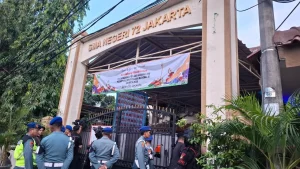
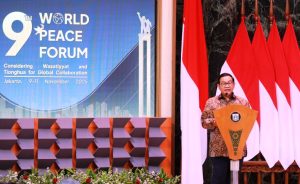




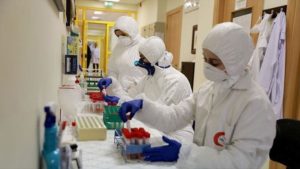
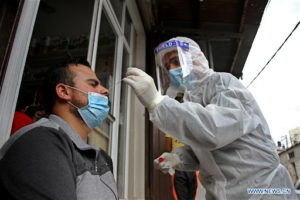
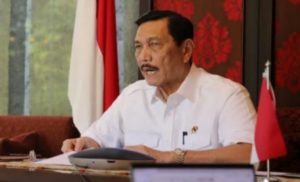














 Mina Indonesia
Mina Indonesia Mina Arabic
Mina Arabic